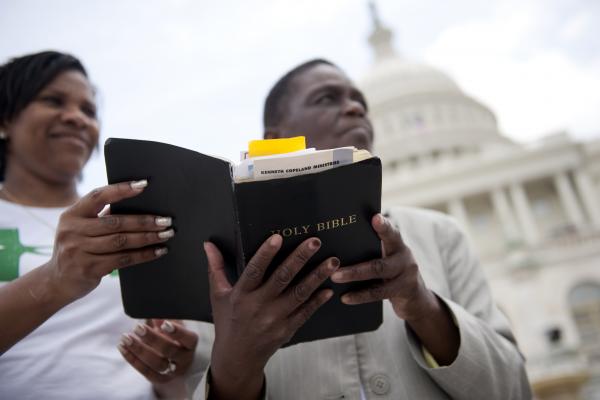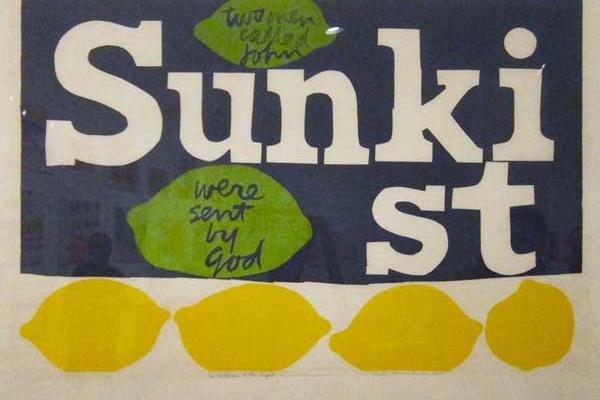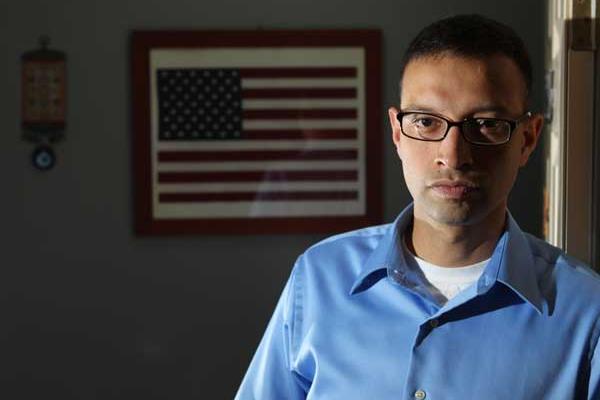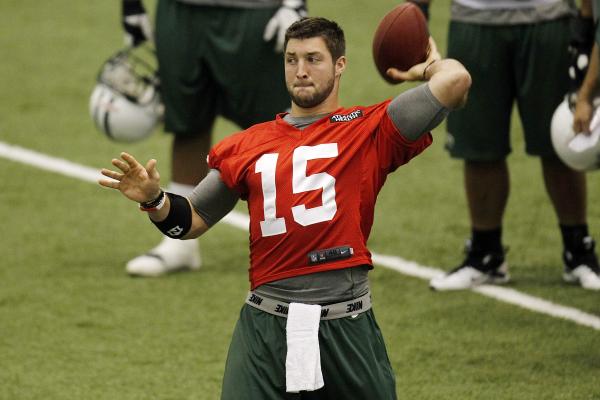Politicians, pundits, concerned citizens alike are all looking for the magic bullet to generate revenue without alienating an entire voting bloc or causing the American people more angst. Celebrities, pastors, and community leaders think the Robin Hood tax—taxing less than half of 1 pecent on Wall Street transactions— is the answer.
What say you?
Learning to speak as a Christian is one of the most important and often ignored aspects of our discipleship. Nowhere is this fact more obvious than when churches try to talk about politics. When the small group leader makes a disparaging comment about Mitt Romney’s Mormon faith, or a car rolls into the church parking lot with a “NOBAMA” bumper sticker proudly displayed, what do we do?
Is bumper sticker propaganda and negativity the best we have to offer?
Admittedly it can be risky to talk about politics in the local church. All it takes is one idea or statement that flies in the face of someone’s deeply held convictions and that could be the end of our influence and the end of that person’s involvement in our ministry.
Still, the upcoming presidential election will be the defining cultural event of the next six months. If we completely ignore it we are missing a golden opportunity for discipleship.
How can churches have a healthy conversation about politics in the middle of a national election without demonizing the opposition and causing disunity?
I’ve been working on this question for months now, and as part of my preparation I wrote a book called Public Jesus. Here’s a little bit about what I’ve learned in the process:
1) Love the One You’re With
I have a confession.
(That's rich, right? A minister confessing.)
I have a hard time telling people I'm a minister. Yes, really. I actually tend to handle it this way:
Person: “So, what do you do for a living?”
Me: “I'm a minister... (appropriate pause)... but not the kind you just pictured in your head.”
Sad, I know.
Honestly though, it's worse than that. I'm even very resistant to calling myself a “Christian.” And I'm not even close to the only Christian who feels that way! It's so bad that I have this very conversation with people all the time. There seems to be some kind of “Believer-like-me Radar” which tells people it's safe to talk to me about not liking the“C” word — CHRISTIANITY.
Combining images and words from advertising, pop culture, and religion, the bold graphic art of Sister Mary Corita was as deeply representative of the spirit of the 1960s as it was ubiquitous in church basements, dorm rooms. and urban communes of people involved in the struggle for civil rights and the campaign to end the Vietnam War.
In today's visual and graphically dominant popular culture, Corita's work — her bold typography, vivid colors, the use of ad logos and slogans — resonates with a new generation, attracted by what has been called "her festive involvement in the world'' and her interest in "blurring the lines between art and life.''
"Corita's art from the 1960s, which is based in advertising, has this great pop appeal to us today in our media-saturated culture,'' said Kathryn Wat of the National Museum of Women in the Arts in Washington.
At 26, Syed Farhaj Hassan was a devout Muslim, and a man who took a lot of pride in being one of the relatively few Muslim Americans to join the military and then go to war in Iraq.
He dropped out of Rutgers University and enlisted in the U.S. Army in 2001. He was sent to Iraq two years later, where he served with a unit that assessed and planned the rebuilding of places like the war-torn city of Hillah, where he even slept some nights in one of Saddam Hussein’s palaces.
Born in Chicago and raised in New Jersey, he’d grown up engrossed in military-themed TV shows like “M*A*S*H” and “G.I. Joe.” And nearly a decade after his war service, he’s still patriotic — he’s even an active reservist in a civil affairs brigade.
But these days, Hassan is also frustrated and upset with an arm of the U.S. government. Hassan said that he’s been “betrayed” by the New York City police department for its years of post-9/11 spying on Muslim communities in New Jersey.
John Hodgman reads a story of aliens buying the rights to all of humanity's music – Face Math – The United Shapes of America – rising R&B star Frank Ocean – 1,000 parachuting teddy bears for free speech – super heroes spoof the Golden Girls – and Cookie Monster parodies the hit of the summer "Call Me Maybe." See these and more in today's Links of Awesomeness...
Why should religious leaders, of all people, turn their fire on celebrities who use their popularity for public proclamations of the Almighty's power?
In an age when media icons flaunt every sort of indulgence and depravity, prominent members of clergy should find more appropriate targets to scold than athletic achievers like football's Tim Tebow, basketball's Jeremy Lin or baseball's Josh Hamilton, who choose to flaunt their devout Christian commitment.
Widespread discomfort toward well-publicized professions of faith highlights a significant rift in outlook — not just between believers and skeptics, but between religious people who want to limit theological affirmations to church or synagogue settings and those who announce their ardent belief at every opportunity.




